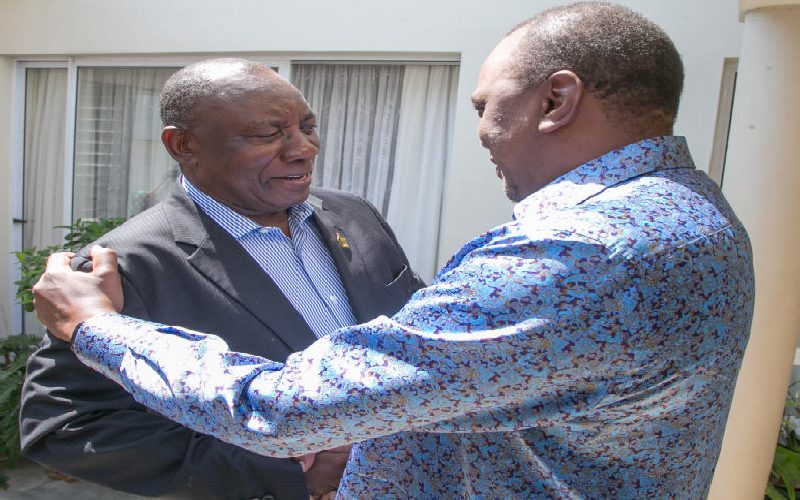×
The Standard e-Paper
Fearless, Trusted News

The election of South African President Cyril Ramaphosa as the AU chairman gives hope that finally, the organisation will rise to the challenges confronting the world's poorest continent.
He took over from Egyptian President Fattah el-Sisi in yearly caucus that brings together heads of states and governments of the 55 states that make up the African Union.